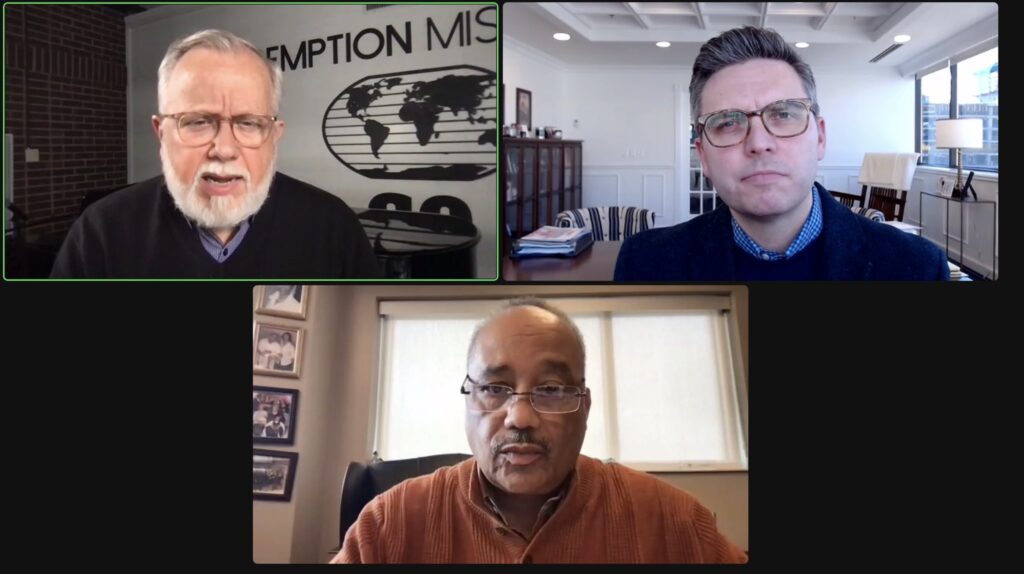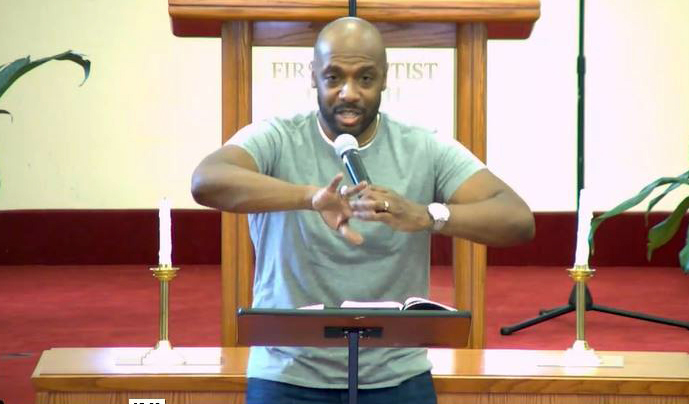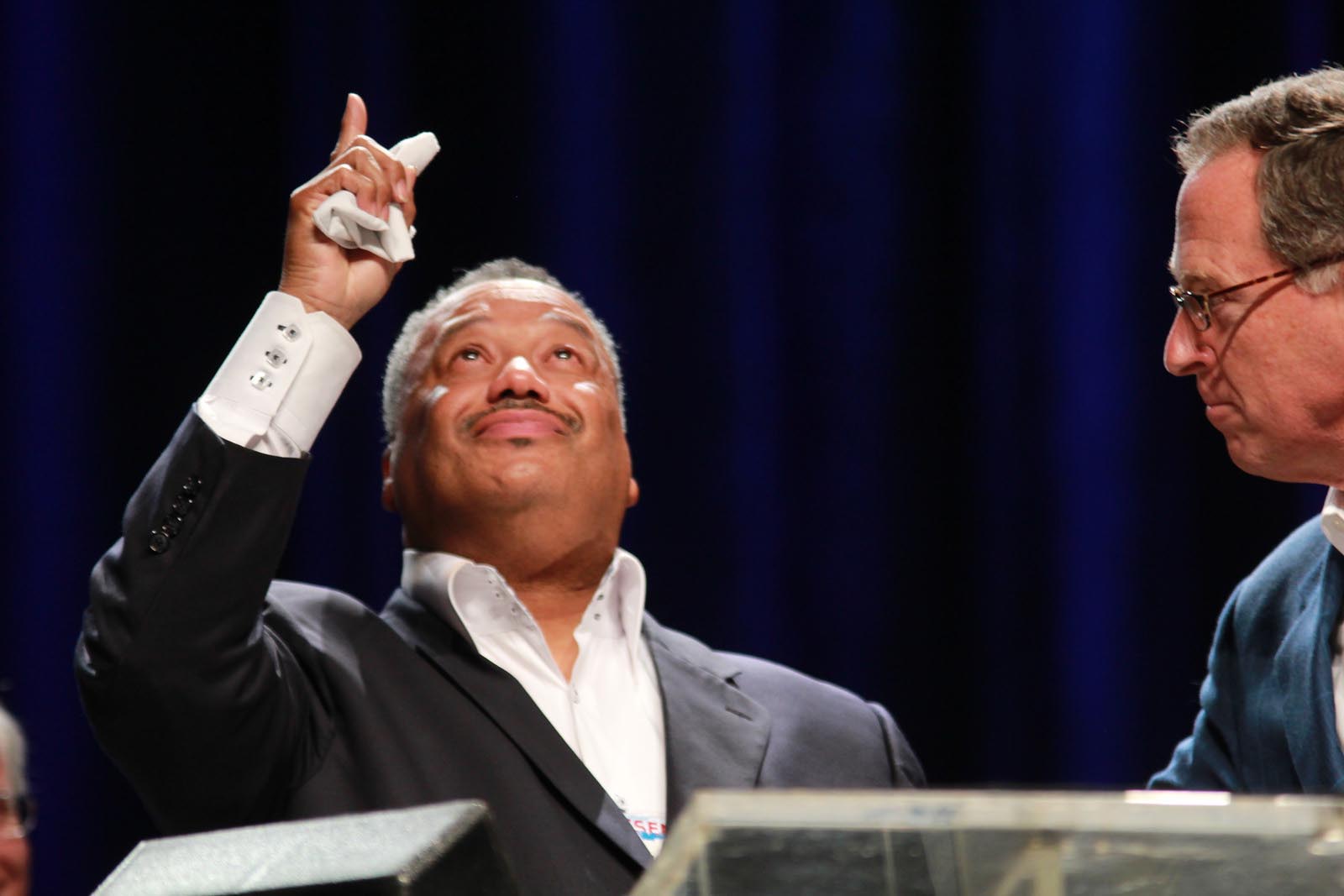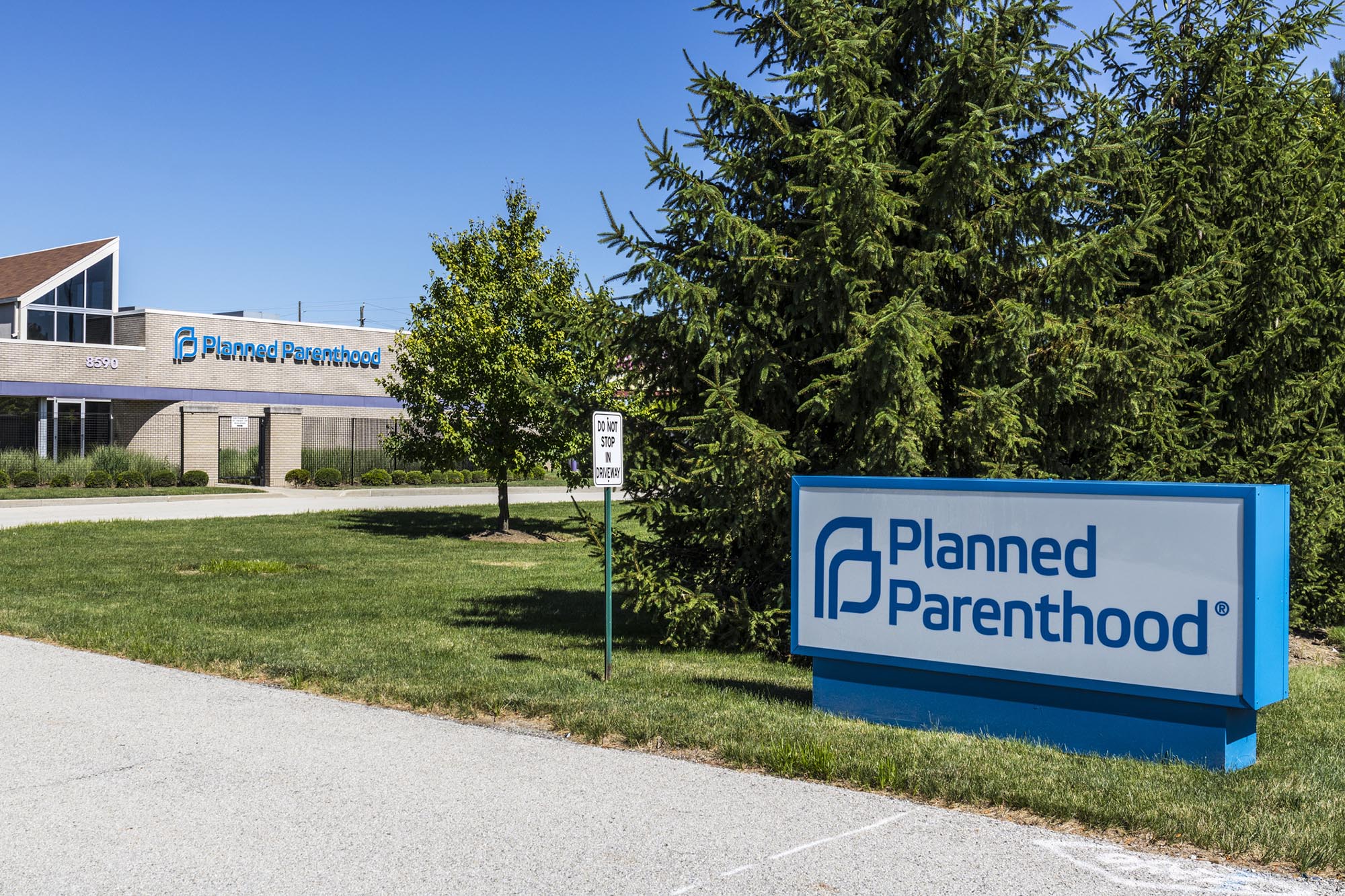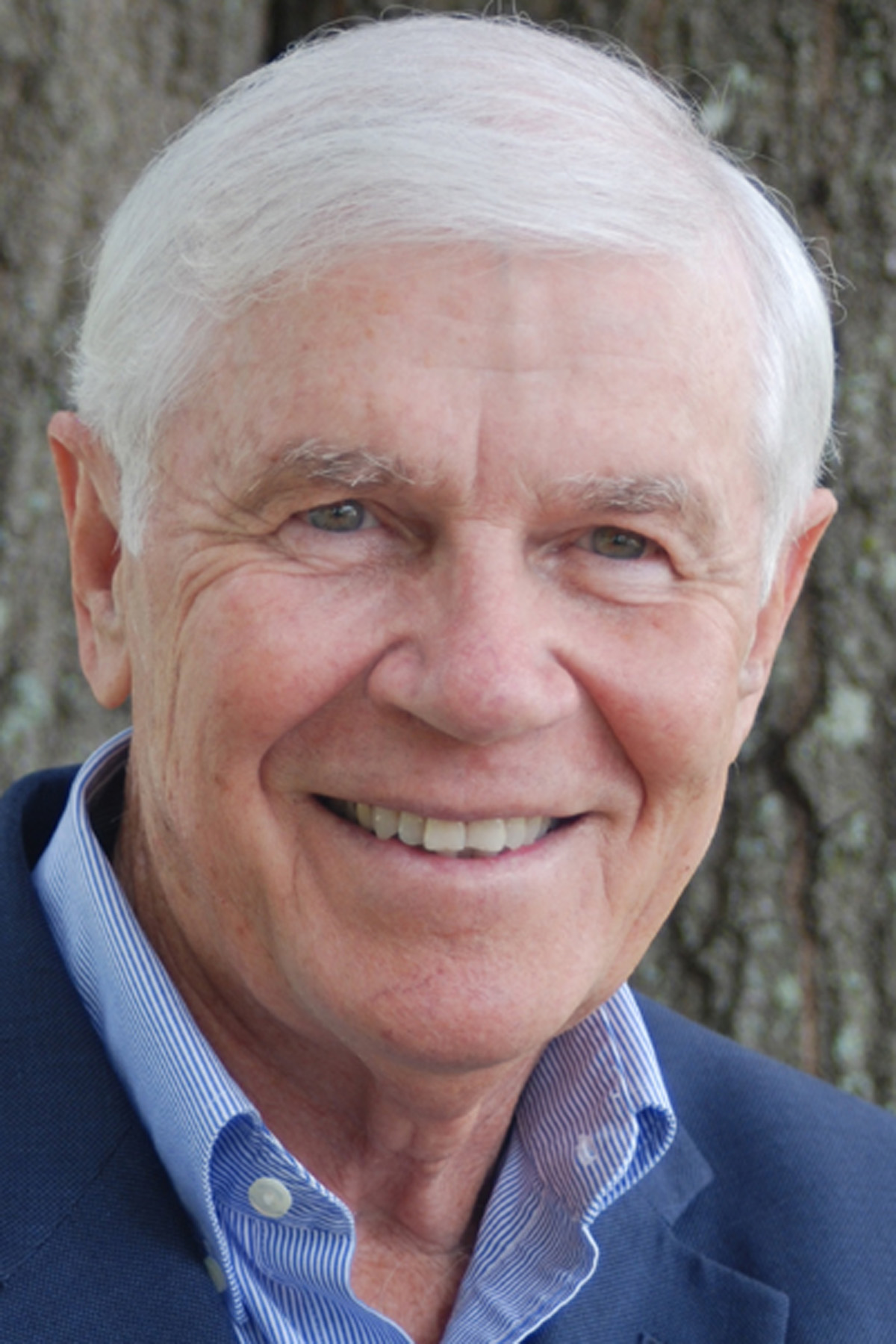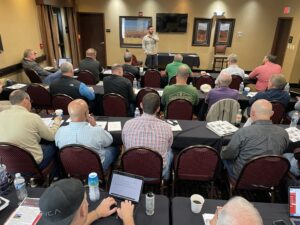
NASHVILLE (BP) – An “authentic racial unity” in the Southern Baptist Convention that offers evidence to other sectors of American life of what is possible on the issue is a goal of the Unify Project, Fred Luter, the lone African American to serve as SBC president, told an online audience Thursday (Feb. 9).
Luter, the project’s co-chair, said of the Unify Project, “Hopefully, this would be something that would bring about authentic racial unity in the Southern Baptist Convention. And my prayer and our prayer is that 10, 20, 30 years from now that the SBC through the [Unify Project] and other things would be Exhibit A to all groups across America of what can be accomplished when we don’t allow race to divide us.”
Luter, SBC president from 2012 to 2014, and fellow co-chair Ed Litton, SBC president in 2021-22, discussed the project during a webcast hosted by the Ethics & Religious Liberty Commission (ERLC). During the event, it was announced the Unify Project will sponsor 40 Days of Prayer for Racial Reconciliation that will begin Feb. 22.
Responding to questions from ERLC President Brent Leatherwood, the longtime friends explained their hopes for the Unify Project and how pastors can promote racial unity in their churches.
The Gospel of Jesus Christ provides the foundation for racial unity, the online audience was told.
Litton, senior pastor of Redemption Church in Saraland, Ala., talked about The Pledge Group, a collaboration of black-and-white, male-and-female Christians in the Mobile area who have been meeting in recent years.
“We all started meeting, and it was driven by the Gospel of Jesus Christ,” Litton said. “Plain and simple, that’s what brought us to the table. That’s what kept us at the table.”
The Gospel-centered work of racial unity begins with developing “meaningful relationships,” said Luter, senior pastor of Franklin Avenue Baptist Church in New Orleans. “If racial reconciliation is going to happen in local churches and their communities, it’s got to start with relationships. You’ve got to stick with it. It’s definitely worth it to break down the stronghold of race, particularly in the church.”
The friendship between Luter and Litton started more than 25 years ago, they said. The relationship between the two churches began when their pastors preached in each other’s pulpits.
“We’ve always had a vision for how the Gospel should be lived out by our churches and that we love one another, that we are a visible expression of the love of God in our communities,” Litton said. “And so that’s really the motivation behind the [Unify Project].
“And I do believe the Gospel and the church bring an answer to this issue to our culture.”
Racial unity is not just a black-and-white issue, Luter and Litton said.
“African Americans, Anglos, Hispanics, Asian, all of us who make up the Southern Baptist Convention – we must be intentional with doing all we can to involve all races that make up this convention to work together as one,” Luter said.
Launched in November, the Unify Project presents a three-part process for racial healing – assemble, address and act – that was developed from the writing of Tony Evans, senior pastor of Oak Cliff Bible Fellowship in Dallas and president of The Urban Alternative (TUA) ministry. Evans and TUA have been instrumental in the birth of the Unify Project and continue to provide support, according to the project’s website. Evans helped announce the project at the SBC’s 2022 meeting.
Thursday’s webcast was held only two days after a Lifeway Research survey showed 49 percent of American churchgoers say their church needs to become more ethnically diverse while, at the same time, 69 percent say their church is doing enough to be diverse. On Feb. 26, Racial Reconciliation Sunday will be observed on the SBC Calendar.
The Unify Project is the latest effort in the SBC to foster racial reconciliation in a convention of churches that was founded in 1845 to support the appointment of slave owners as missionaries.
Messengers to annual SBC meetings in recent decades have adopted multiple resolutions condemning racism and calling for racial reconciliation. In 1995, messengers approved a resolution on the SBC’s 150th anniversary in which they lamented and repudiated slavery, apologized to African Americans “for condoning and/or perpetuating individual and systemic racism in our lifetime” and asked for forgiveness from Black Christians.
The issue requires “hard conversations” and courage, the webcast audience was told.
Luter said a white friend who had invited him to preach to the church he pastored tearfully rescinded the invitation when some key leaders in the congregation told him a Black man would preach in that pulpit “over our dead body.”
“[W]hen you see something as obvious as this, you have to address it on some level,” Litton said of the reaction within that church. “It takes wisdom, but it also takes courage.”
While Litton said he has “paid a price” in leading his church on the issue, he added, “And yet at the same time, I think what it does is it raises up an expectation among the people that we are serious about this Gospel, that we are serious about demonstrating love one for another.”
Litton acknowledged it is “not easy to change” people for whom racial bigotry was a part of their upbringing and culture.
“The goal is to keep people focused on the Gospel,” he said. “[W]hen we put … things that we think are culturally important above the Gospel, somebody has got to call us to task for that.”
Leatherwood asked both pastors for their response to those who say America has moved past the racial divide or contend the issue is a product of Marxist ideology or critical race theory (CRT).
“We would never be able to progress to the future if we ignore the past,” Luter told the webcast audience.
“We cannot be afraid to talk about and deal with the issue of race and racial division. Of course, it happened in the past, but it’s alive and well in 2023 in America.”
The diverse, Mobile-area pastors and leaders who had already been gathering regularly were unfamiliar with CRT when Litton returned from the 2019 SBC meeting in Birmingham, Ala., he said. Messengers passed a resolution regarding CRT at that convention.
CRT “was so foreign to us,” Litton said. “And so what’s important to understand is that’s a thing, but our thing is the Gospel.
“And what you read completely in the Word of God and constantly is that the church is to be unified.”
A video of the webcast will be released at a later date.
